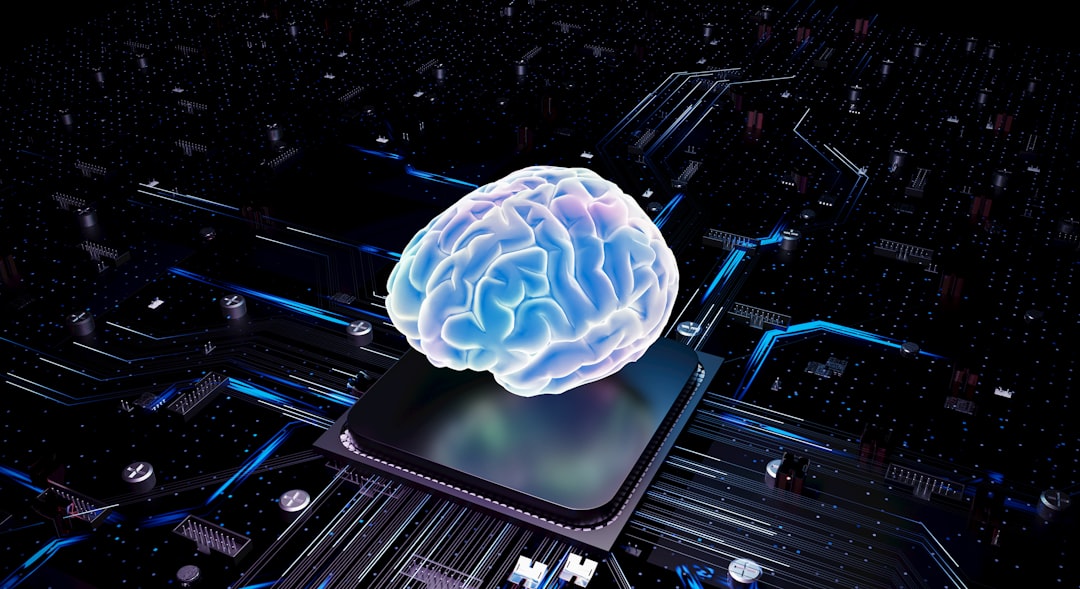The Ozempic Game-Changer? New Tech Promises to Supercharge Weight-Loss Drugs by Hacking the Brain's Hunger Signals

The world of weight loss has been completely revolutionized by GLP-1 drugs like semaglutide, the powerhouse ingredient behind brands like Ozempic and Wegovy. While their effectiveness in shedding pounds is undeniable, they often come with a significant catch: debilitating side effects like nausea that can make the treatment a miserable experience. But what if there was a way to maximize the benefits while minimizing the drawbacks? A groundbreaking development from Lexaria Bioscience Corp. suggests the key isn't just the drug itself, but how it gets to the most important command center in the body—the brain.
The Brain: Ground Zero for Appetite Control
Scientists now understand that the real magic of these weight-loss drugs happens within our neurochemistry. Semaglutide works by activating GLP-1 receptors, which act like tiny switches in various parts of the brain. These switches control crucial pathways involved in appetite, food reward signals, and how our bodies expend energy. In simple terms, these drugs are designed to tell your brain that you're full and satisfied, effectively turning down the volume on hunger.
The critical challenge, however, has always been getting enough of the drug past the body's natural defenses and into the brain. This is precisely where Lexaria's latest discovery could rewrite the rules for obesity treatment.
A High-Tech Delivery System for a Smarter Drug
Lexaria has released compelling findings from recent animal studies centered on its patented DehydraTECH technology. The results revealed a remarkable trend: when semaglutide was paired with DehydraTECH, significantly higher concentrations of the drug were measured in brain tissue. This innovative technology is engineered to improve how the body absorbs and distributes active compounds, and it appears to be providing semaglutide with a VIP pass directly to the central nervous system. The company notes this is not a one-off result, having seen its technology boost brain delivery for other molecules in previous studies.
The Ultimate Goal: Better Results, Fewer Side Effects
The implications of this breakthrough are massive. On one hand, higher drug levels in the brain could translate to more powerful appetite suppression and superior weight loss results for patients. But the most exciting potential lies in solving the drug's biggest problem. Other studies have suggested that when GLP-1 drugs effectively target the brain, they can curb hunger without triggering the nausea that is often caused by their effects elsewhere in the body. By optimizing brain delivery, Lexaria's DehydraTECH could unlock a future where weight-loss treatments are not only more potent but also far more tolerable, paving the way for a new generation of GLP-1 therapies.



